In his article listed below, writer Hal Herring notes that "it is often said that eternal vigilance is the price of freedom, and we seem to be falling asleep at the switch." He's right. There are no shortage of issues to learn about, to follow, to advocate for. But staying on top of it all can be cumbersome to say the least. Here are a few good reads to help keep you alert, informed and motivated.
Clean Water = Liberty
Despite our checkered past when it comes to protecting our water resources, passage of the Clean Air and Clean Water acts in the 1970s led us from an era when American rivers ran fouled by all manner of industrial pollution and even caught fire to an era where 100% of Americans have access to clean drinking water and our rivers are as free from point-source pollution as they have ever been.
Unfortunately, private interests have worked diligently to erode clean water protections that the American public fought so hard for just a few decades ago. Congressional lawmakers have repeatedly proposed legislation that, if passed, would dramatically weaken the Clean Water Act. At the state level, industry-supporting lawmakers weaken or eliminate regulations that protect groundwater, rivers and streams. Even public interest in the notion of clean water and our duty to protect it is being eroded through industry-funded public relation campaigns that treat conservationism like a dirty word, encouraging individuals to toss aside their pride in clean water and healthy natural resources in defense of corporate profits thinly and draconianly veiled as "progress" and "job creation".
As Herring reminds us, the reality is that without clean water we have nothing. And this isn't a romantic musing about great fishing and hunting, its a candid look at property values and basic human need, by revisiting the recent spill on West Virginia's Elk River. Herring writes, "People who have no drinking water have no property values, and no liberty, beyond the freedom to cut and run. The fact that there are no longer any fish to catch in their rivers is the least of their worries."
Climate Change = More Cuttbows
Climate change, another dirty word (okay, phrase). But, the undisputed fact is that it is happening. Shit is getting warmer. And, as shit gets warmer, all sorts of unexpected consequences are popping up.
One of those consequences -- although a basic understanding of water temperature tolerances of different trout species might render it anything but unexpected -- appears to be the creation of yet another, most unwelcome challenge to those trying to preserve native cutthroat trout populations throughout the American west. This challenge comes in the form of increased hybridization of rainbow trout with native cutthroat trout, which aquatics biologist Clint Muhlfeld has found is rapidly increasing with warming temperatures in Montana's Flathead River system, a known rare stronghold for westslope cutts.
As this report in the Flathead Beacon notes, Mulfield's research was recently published in the prominent academic journal “Nature,” widely held as one of the highest benchmarks of scientific prestige.
More Big Box Outdoor Retailers = Less Small Town America
When you read the word "conservation", you expect the writer to follow with something about one of Mother Nature's creations. Most often, you'd be correct. But, in this case I'm talking about the conservation of our American small towns and the livelihoods that fuel them. These small towns and the micro-economies that sustain them are every bit as endangered as our clean water and wild places. They are also, in my opinion, every bit as important to preserve.
Unfortunately, for many years in many locales across the country, these towns have been making Faustian bargains with mega-retailers that quite literally pit the livelihoods of its citizens against corporate outsiders that the town has backed with millions upon millions of dollars of those citizens' tax dollars. And while you've likely heard of such bargains being struck to bring the ubiquitous likes of Wal-Mart to many a small town, these same agreements have fueled the explosion of outdoor retailer outlets Bass Pro Shops and Cabela's.
As Scott Reeder describes in his well-researched article, state and local governments are literally giving away hordes of tax payer dollars to fund the construction and operation of these stores. Reeder details, "A Bass Pro Shop opened in Bossier City in 2005 after city officials promised to give the retailer $38 million to pay for the construction of the 106,000-square-foot store in this Red River community", Reeder details. "Such deals are commonplace," he adds.
These handouts from state and local governments typically give nothing back to the communities that offer them. The report notes, "Ball State economist Hicks studied the economic impact of seven Cabela's stores that opened between 1998 and 2003 and found that despite millions of dollars in economic development incentives given to the retailer, there had been no net gain in jobs detected in the communities one year after the stores opened."






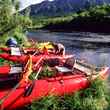

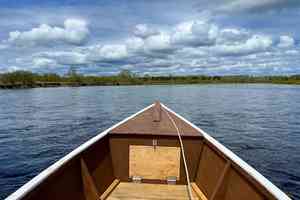




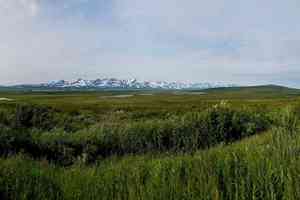

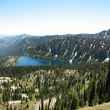






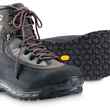



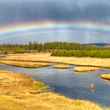

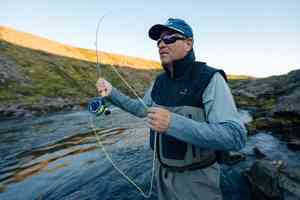




Comments